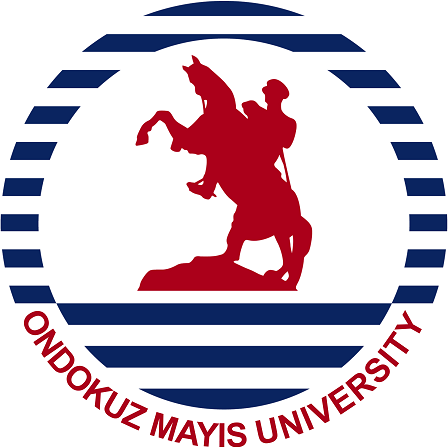


Department of Sociology
General information and programmes
Ondokuz Mayıs University (OMÜ) Sociology Department, which continues its educational activities with thirteen members, including three professors, four associate professors, one assistant professor and four research assistants, has been accepting students since the 2011-2012 academic year. Our department, as the first sociology department in the region, had its first bachelor graduates in the academic year 2014-2015. The number of students admitted to the department each year is fifty and the department only offers daytime classes. In addition, students are continuing their master’s programme, which opened in the 2012-2013 academic year. Our PhD programme has been accepting students since the academic year 2017-2018.
Admission requirements
Candidates for this sociology programme have to take the tests of the Student Selection and Placement Centre (ÖSYM). According to the data of ÖSYM in 2022, the minimum score for securing a place in Sociology at OMÜ was 297.52.
Educational opportunities
All the courses in the department are taught by specialists in their respective fields and are divided into theoretical and practical courses. Students who have the right to study at the department can take compulsory or optional courses from different academic disciplines such as Philosophy, Psychology, Statistics, Economics, Law and Political Science, in addition to their own departmental courses. At the same time, students can apply for double majors and/or minors if they meet certain criteria. In addition, through the Erasmus+ student exchange programme, our department’s students have the opportunity to study at various universities in Europe, thus gaining the experience of studying and living abroad. They may also have the opportunity to study for one or two semesters in Turkish universities through the Farabi programme.
Job opportunities for graduates
Graduates of the department of sociology can work with the title of sociologist as a specialist or consultant in many public institutions such as the Ministry of Family and Social Services of the Republic of Türkiye, the Ministry of Justice of the Republic of Türkiye, the Ministry of Culture and Tourism of the Republic of Türkiye, the Turkish Statistical Institute (TÜİK) and municipalities. They can also work in public relations, media and human resources in consulting and research companies. Finally, they can work as teachers, depending on the type of announcements made by the Ministry of National Education of the Republic of Türkiye.
